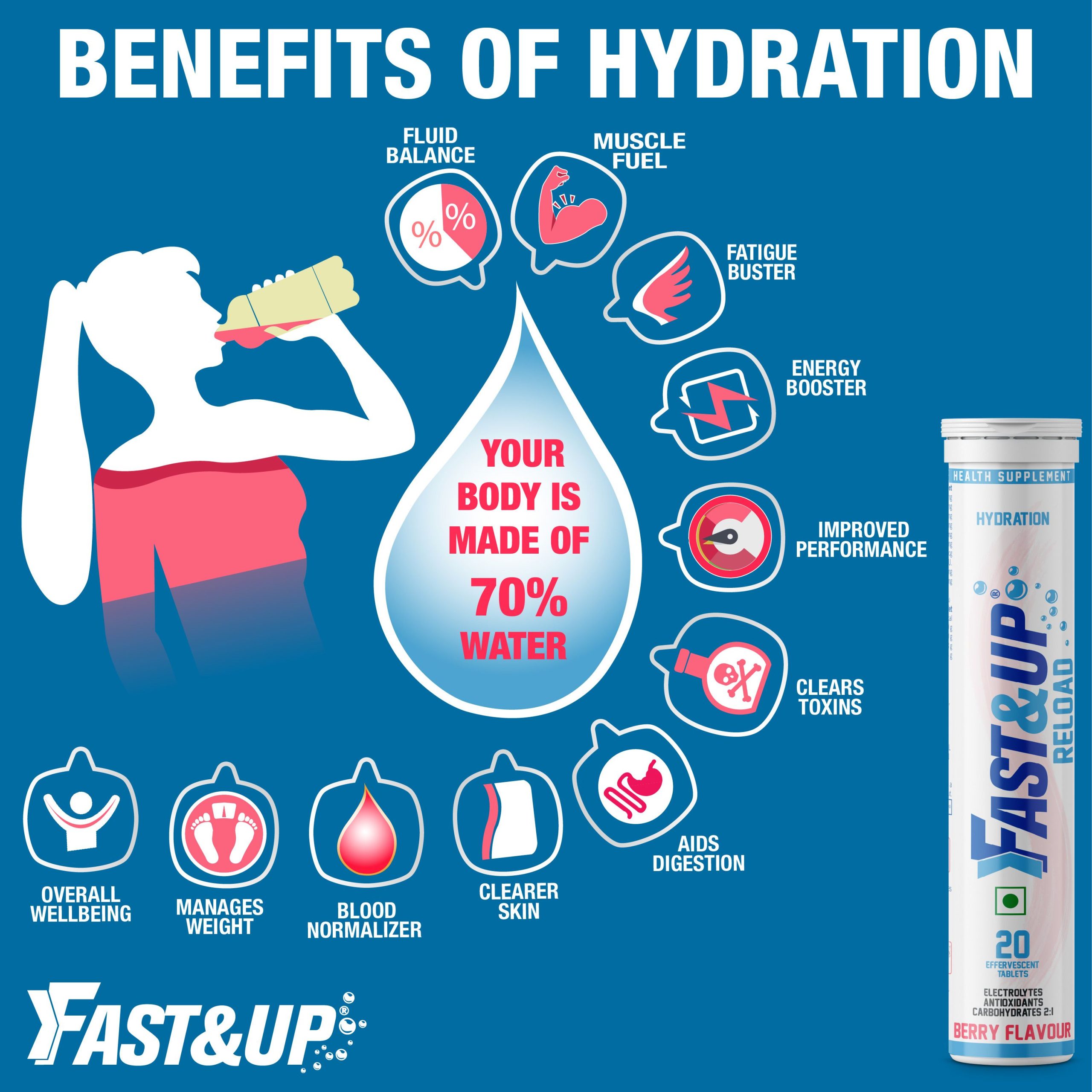
When it comes to maintaining good health, people often focus on proper nutrition, exercise, and sleep. While these aspects are undoubtedly important, one key element that is often overlooked is hydration. Adequate hydration is not only essential for our survival but also plays a fundamental role in our overall well-being. In this article, we will explore the importance of hydration, its benefits, and provide tips on how to stay properly hydrated.
The Importance of Hydration
Water is the essence of life. Our bodies are made up of about 60% water, and it is involved in almost every bodily function, from digestion and circulation to temperature regulation and waste removal. Hydration is essential for maintaining the balance of bodily fluids and electrolytes, enabling our organs to function properly.
Dehydration occurs when the body loses more water than it takes in. Mild dehydration can cause symptoms such as fatigue, headaches, and dry mouth, while severe dehydration can lead to more serious consequences, including kidney damage, seizures, and even death. Therefore, it is crucial to stay adequately hydrated throughout the day.
The Benefits of Hydration
Proper hydration offers numerous benefits for our health and well-being. Here are some of the key advantages:
1. Physical Performance
Staying hydrated is essential for optimal physical performance. When dehydrated, our endurance, strength, and overall athletic performance can significantly decline. Hydration helps lubricate our joints, deliver oxygen to our muscles, and regulate our body temperature during exercise. It allows us to perform at our best and recover more efficiently.
2. Digestive Health
Water plays a vital role in digestion, helping to break down food and transport nutrients throughout the body. Insufficient hydration can result in digestive issues such as constipation and stomach discomfort. By drinking enough water, we can maintain regular bowel movements and support a healthy digestive system.
3. Brain Function
The brain is heavily reliant on adequate hydration to function optimally. Even mild dehydration can impair cognitive function, affecting our mental performance, mood, and concentration. By staying hydrated, we can improve our focus, memory, and overall brain health.
4. Energy Levels
Feeling chronically fatigued or low on energy? It may be a sign of dehydration. Water is a primary source of energy for our cells, and when we are dehydrated, our energy levels can plummet. By maintaining proper hydration, we can boost our energy levels and feel more alert and focused throughout the day.
Tips for Staying Hydrated
Now that we understand the importance and benefits of hydration, let’s explore some practical tips to ensure we stay properly hydrated:
Drink enough water throughout the day. Aim for at least eight glasses or two liters of water daily.
Don’t wait until you feel thirsty to drink water. Thirst is a signal that your body is already dehydrated.
Carry a reusable water bottle with you wherever you go to remind yourself to drink regularly.
Stay away from sugary drinks and opt for water instead. Sugary beverages can contribute to dehydration.
Eat water-rich foods such as fruits and vegetables, which can help keep you hydrated.
Set reminders on your phone or use hydration tracking apps to ensure you drink water regularly.
Be mindful of your hydration levels during physical activity, and drink water before, during, and after exercise.
Conclusion
Hydration is a crucial, yet often overlooked aspect of maintaining good health. By prioritizing adequate water intake, we can reap the numerous benefits that hydration offers, including improved physical performance, better digestion, enhanced brain function, and increased energy levels. So, let’s make staying hydrated a priority in our daily lives and enjoy the positive impact it has on our overall well-being.

